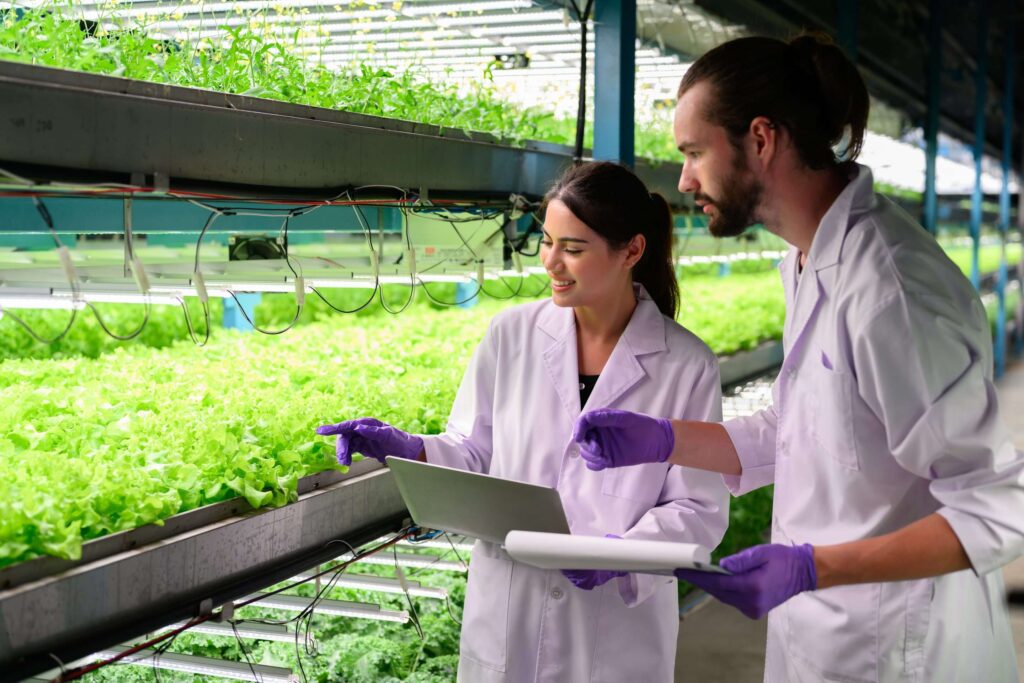Soil vs. Hydroponics: Which is Better for Hemp Growth?
Hemp cultivation has experienced a massive resurgence in recent years, driven by the booming CBD industry and growing interest in sustainable farming practices. As a result, growers have increasingly sought out the best methods to cultivate high-quality hemp. Two dominant growing methods: soil and hydroponics offer unique benefits and challenges. But which method is better for hemp growth? To answer this question, we need to dive into both techniques, examining their advantages, disadvantages, and how they impact the final product.
Benefits of Growing Hemp in Soil: Sustainable and Resilient
Soil has been the traditional medium for cultivating hemp for thousands of years. For outdoor farmers and indoor cultivators alike, soil provides a natural ecosystem rich in minerals and organic matter that help plants thrive. Here are some of the primary benefits of growing hemp in soil:
Benefits of Soil for Hemp Growth
- Natural Nutrient Profile: Soil contains essential nutrients like nitrogen, phosphorus, and potassium, which are crucial for hemp’s development. These nutrients are slowly released over time, providing consistent nourishment to plants.
- Better Stress Resistance: Hemp plants in soil tend to develop stronger root systems, making them more resistant to stress, including drought, disease, and pests. Soil provides a buffer that helps plants cope with environmental fluctuations.
- Eco-Friendliness: Soil-based farming can be more sustainable, especially when using organic practices that avoid synthetic fertilizers and pesticides. Additionally, outdoor soil farming relies on natural sunlight, reducing the need for artificial lighting.
Challenges of Soil-Based Hemp Cultivation
- Pest and Disease Control: Soil can harbor pests, fungi, and diseases that negatively impact hemp crops. Organic solutions can help, but they can be labor-intensive and less predictable than hydroponic systems.
- Slower Growth Rates: While hemp plants grown in soil produce robust yields, they often grow slower than those cultivated hydroponically. This slower growth can result in fewer harvest cycles per year.
- Limited Control Over Nutrients: Soil growers have less precision over nutrient delivery. Nutrients are absorbed through a more gradual process, and pH imbalances or nutrient deficiencies can take longer to diagnose and fix.
Growing Hemp with Hydroponics
Hydroponics, on the other hand, is a method of growing plants in a soilless medium, typically using nutrient-rich water solutions. This method has become increasingly popular for hemp growers looking to maximize yield, speed, and quality. Let’s explore the advantages of hydroponic hemp cultivation.
Benefits of Hydroponics for Hemp Growth
- Faster Growth: One of the primary advantages of hydroponic systems is the accelerated growth rate. Since nutrients are delivered directly to the roots, plants don’t need to expend energy searching for food. As a result, hemp plants in hydroponic setups often grow faster, allowing for more harvests per year.
- Complete Control Over Nutrients: With hydroponics, growers can precisely control the nutrient balance and pH levels, ensuring that plants get the exact nutrients they need at every stage of development. This level of control can result in healthier, more productive plants.
- Reduced Risk of Soil-Borne Diseases: Since there is no soil involved, growers don’t need to worry about soil-borne pests or diseases. This allows for a cleaner growing environment and reduces the need for pesticides and fungicides.
Challenges of Hydroponic Hemp Cultivation
- High Initial Costs: Setting up a hydroponic system requires a significant upfront investment in equipment like grow lights, water pumps, and nutrient solutions. While the long-term yields can offset these costs, it can be a barrier for some growers.
- Requires Technical Expertise: Hydroponic systems demand more technical knowledge. Growers must monitor pH, nutrient levels, and water quality consistently. If any part of the system fails, it can quickly lead to plant health problems.
- Flavor and Terpene Profile: While hydroponic hemp plants grow faster, some argue that they lack the complex terpene and flavor profile found in soil-grown plants. This difference is significant for consumers seeking rich flavors and potent terpene effects.
Which is Better for Hemp Growth: Soil or Hydroponics
Both soil and hydroponic systems have their merits, and the best choice depends on the grower’s priorities. If you’re aiming for a rich flavor and terpene profile and prefer a more natural and eco-friendly approach, soil-based cultivation is likely your best option. It offers resilience and depth of flavor, often preferred by connoisseurs.
On the other hand, if your goal is to maximize yield and speed while maintaining full control over the growing environment, hydroponics offers a faster turnaround and precise nutrient management. This method is perfect for indoor grows and commercial operations looking to optimize efficiency.
No matter which growing method you prefer, the most important factor is the quality of the end product. At Emerald Smoke, we pride ourselves on offering premium hemp products sourced from both soil and hydroponic farms, ensuring you get the best of both worlds. Whether you’re a fan of earthy, flavorful hemp or prefer faster-growing, hydroponically cultivated options, Emerald Smoke has you covered.
